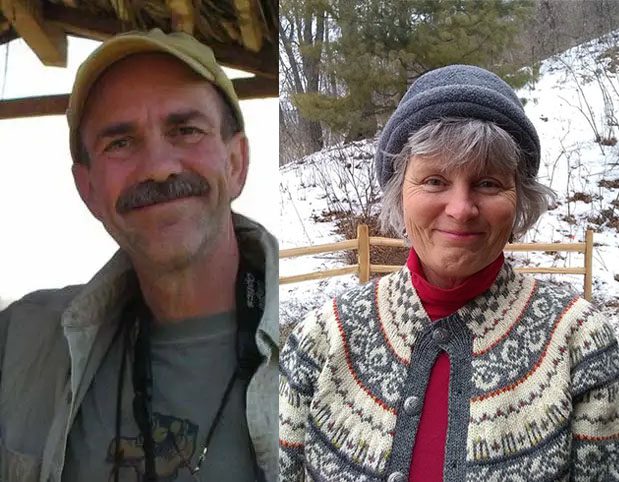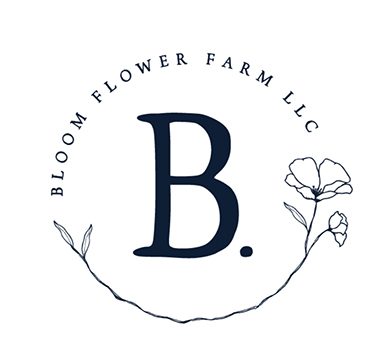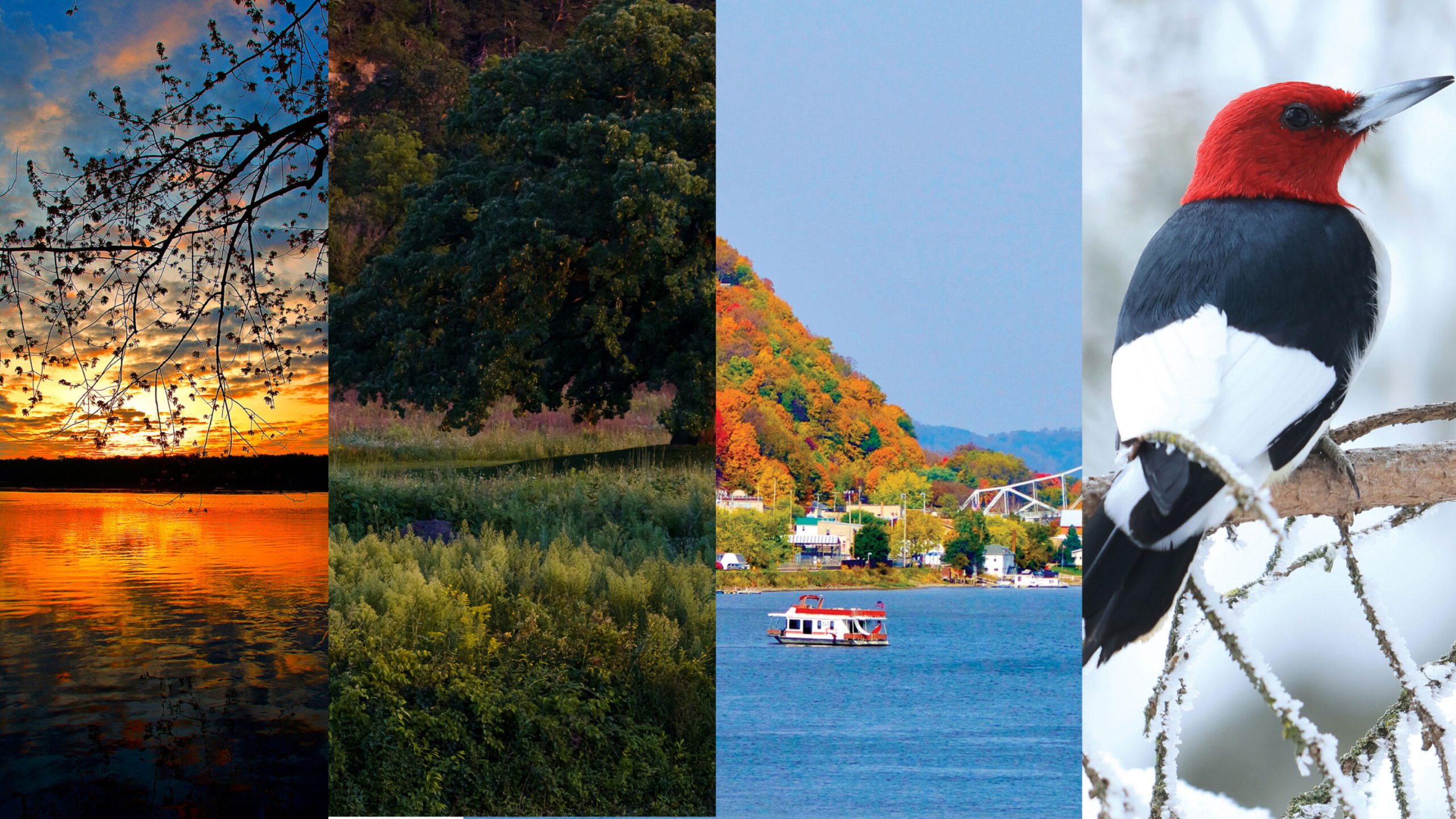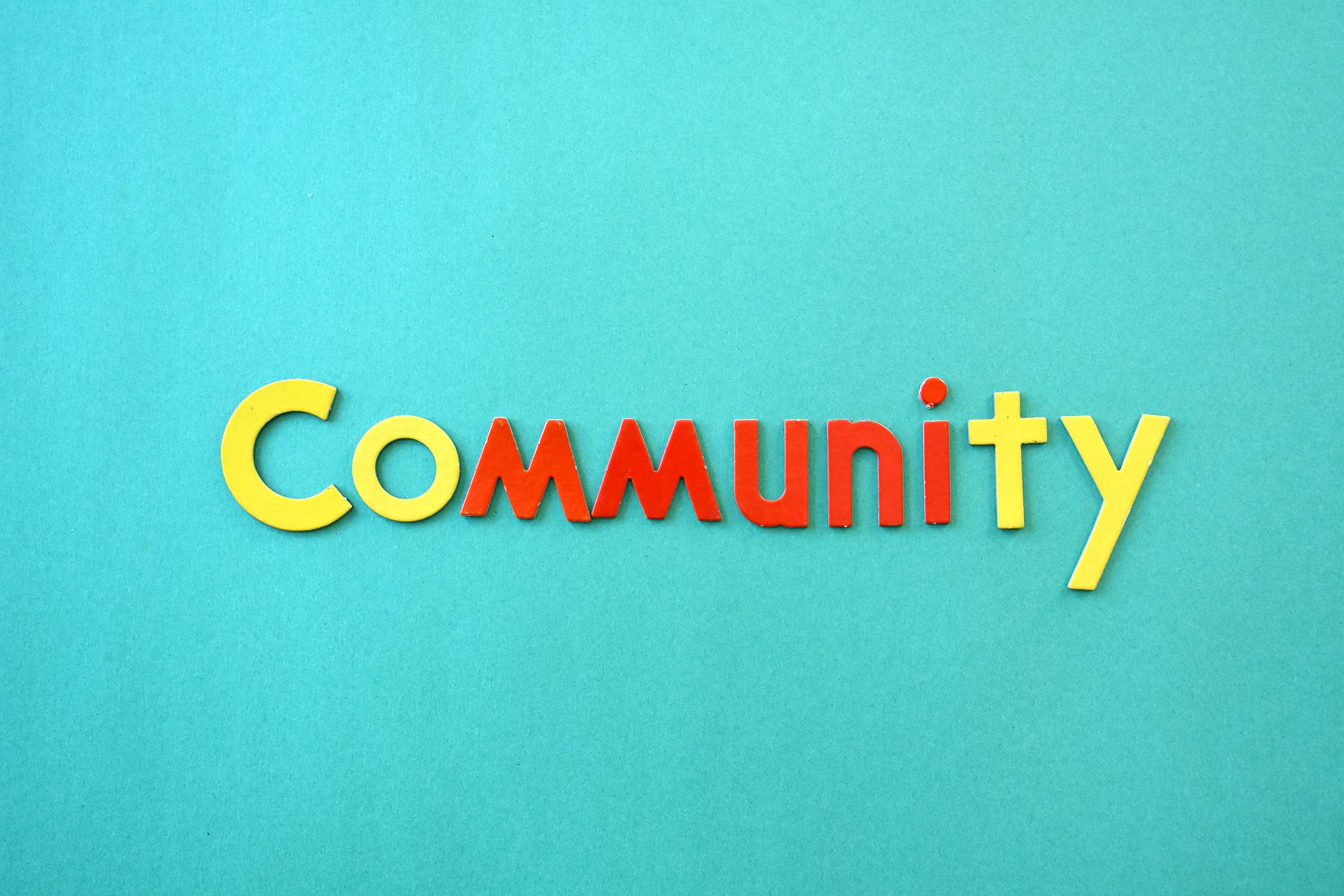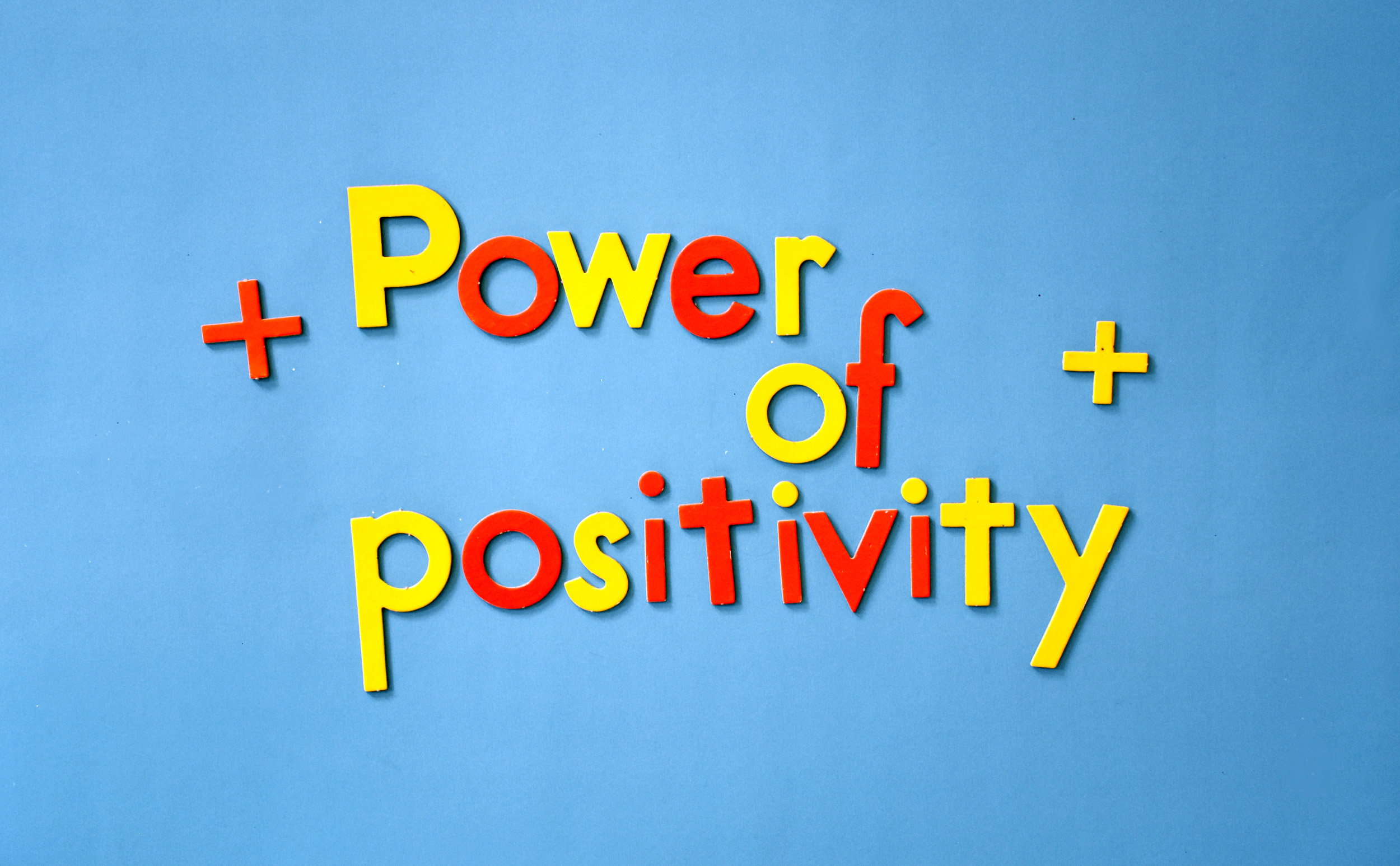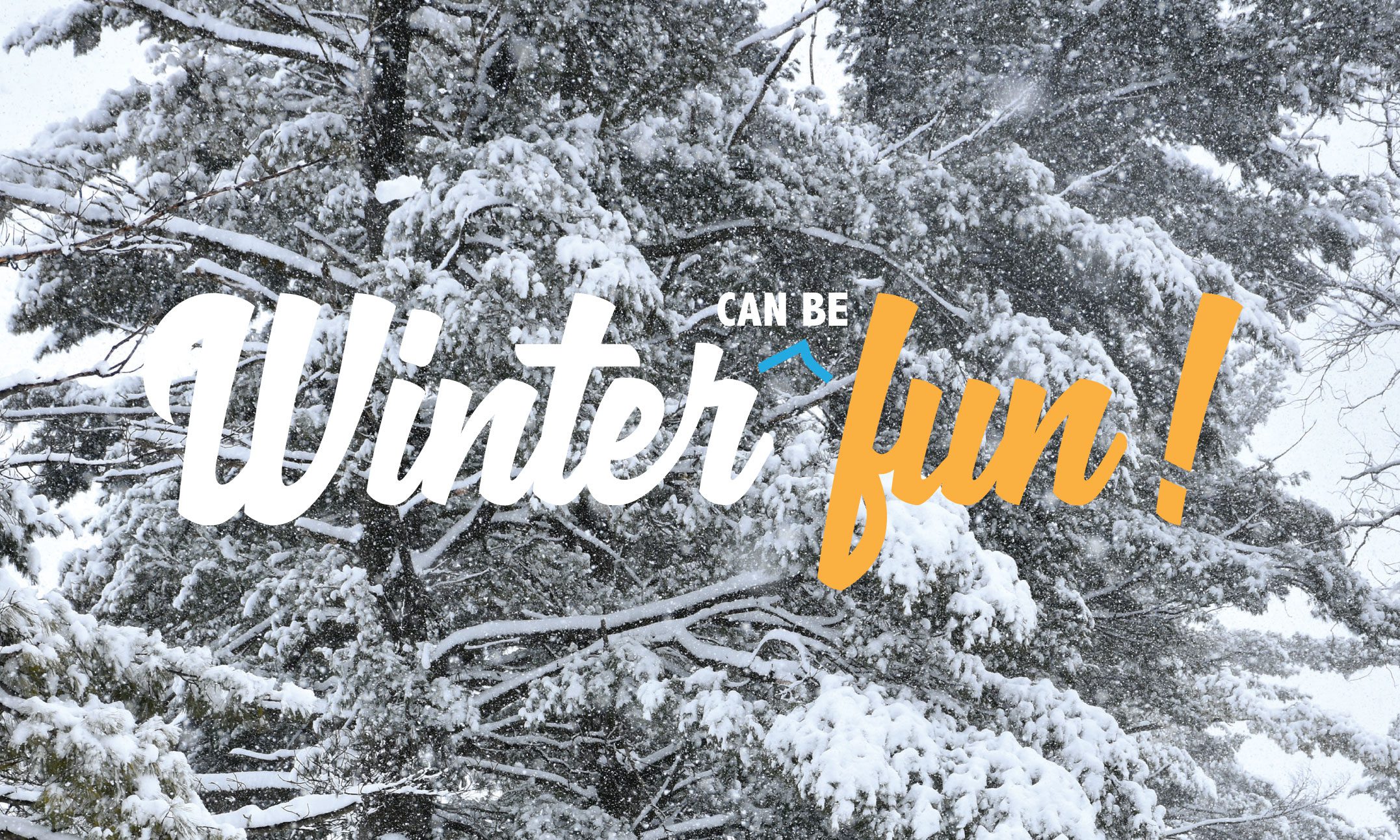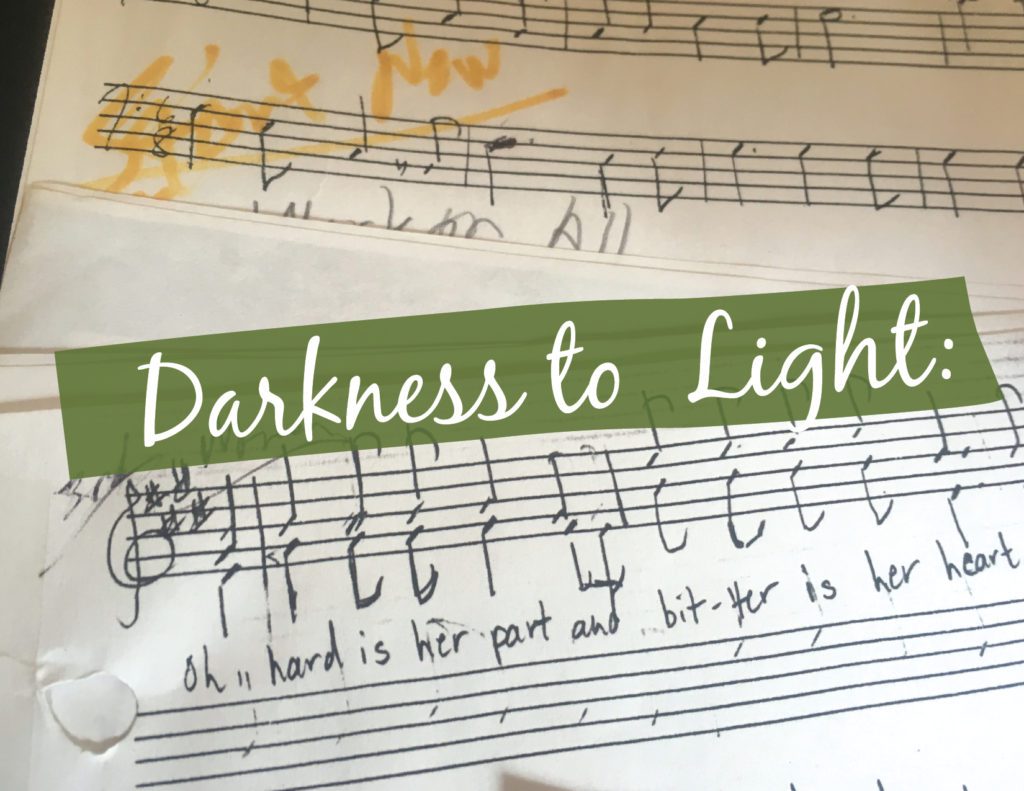Biophilia: Our Gateway to Nature
In 1984, as parachute pants landed in clothing outlets and floppy discs took the then nascent computer world by storm, the late, great Harvard biologist Dr. Edward Wilson popularized a term that recalibrated our relationship with the natural world: biophilia. Humans have an innate desire to connect to and interact with nature, Wilson surmised in his book “The Biophilia Hypothesis.” Everyone, he asserted, has “biophilia” embedded deep within their DNA. Simply put, we are hardwired to love nature.
Growing up in rural Alabama, young Wilson had ample opportunities to collect bugs and chase frogs. Deeply influenced by the biological richness of Alabama’s wild places, Wilson would go on to become one of the world’s great theoretical ecologists. His work examining the extinction of species ultimately led him to assume the mantel of ardent conservationist, inspired by nature and concerned for its future.
Perhaps it was biophilia that, in 1872, inspired President Ulysses S. Grant to establish Yellowstone as the world’s first National Park, setting the stage for a conservation movement that would lead to protection of America’s most iconic landscapes. By the early 1900s, America’s national park system was not only rousing legions of citizens to connect with wildlands, it also served as a model for the protection of nature globally. One hundred years hence, in 2008, the citizens of Ecuador voted overwhelmingly to create a new constitution that explicitly recognizes the inalienable right of nature “to exist, persist, and be respected.” Biophilia writ large?
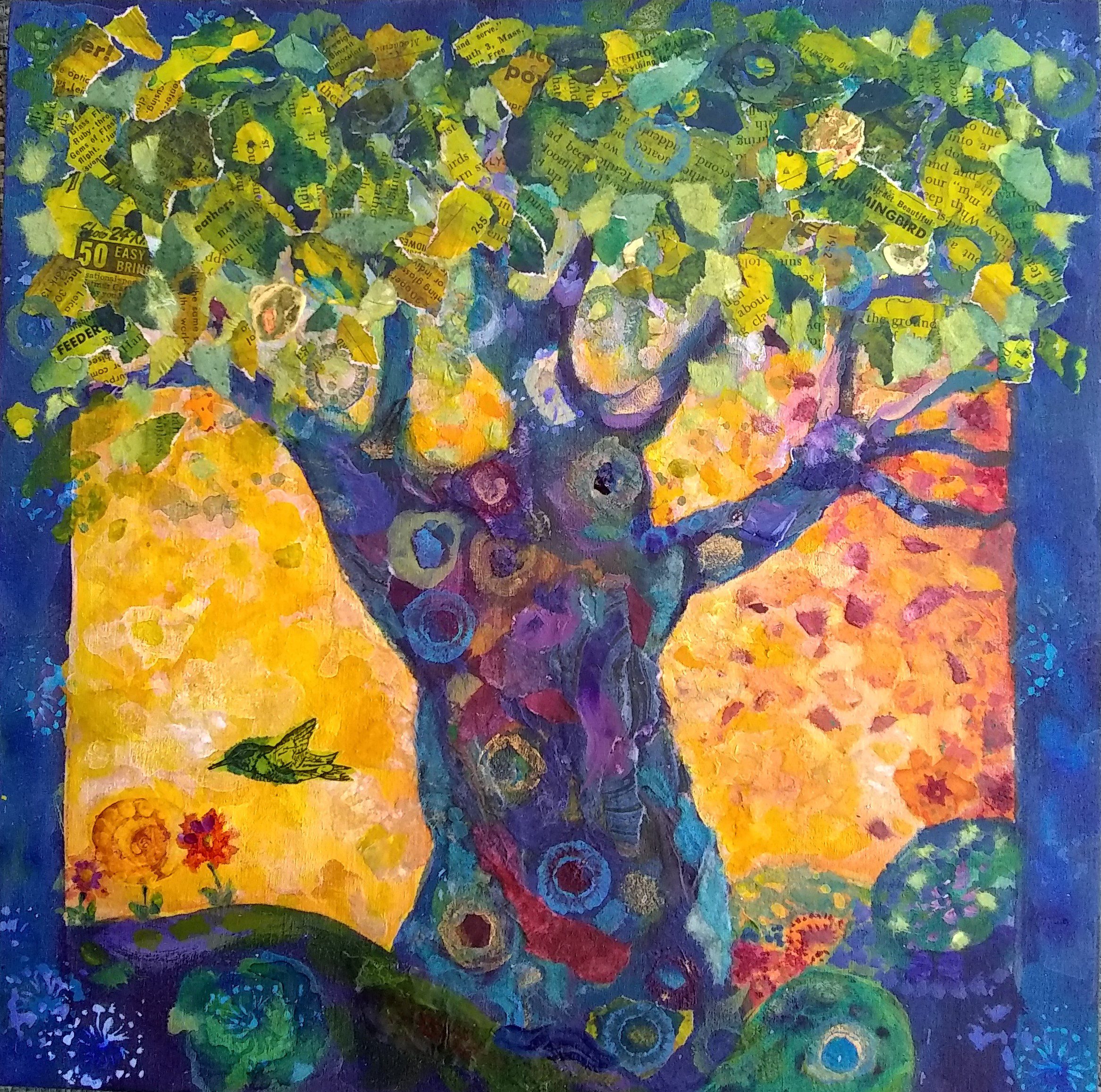
Closer to home, “tiny” backyard experiences that play to our biophilia can also inspire. Who isn’t moved by the radiant symmetry of a sunflower, yellow-orange petals blazing against an azure sky? Likewise, a sprouting seed inspires the promise of possibility. It boggles the mind to realize a 200-year-old white oak originated from a quarter-sized acorn. Surely it is biophilia that sparks our desire to both connect to and steward nature. A mother robin feeding a nest full of bright eyed young above the front door can inspire pride. Many a neighbor has been heard proudly stating, “our robins just had babies.”
Nature is a potent tonic. It not only inspires, it’s also good for our health. Numerous studies have demonstrated exposure to nature, whether picnicking in a city park or backpacking in a mountain wilderness, can relieve stress, elevate mood, and boost the immune system. Research published in Scientific Reports in 2022 demonstrated a relationship between birds seen or heard and an improvement in mental well-being.
Worried about that job interview? A meditative stroll through the woods can center you. Seeking inspiration for your next artistic endeavor? Butterflies dancing across a sunny meadow will hit the spot. Feeling blue about the state of affairs? A dawn chorus from our feathered friends is just what the doctor ordered.
Let your biophilia intuitively guide you to nature and unlock the awe and inspiration that resides within. After all, according to Pulitzer Prize winning poet Gary Snyder, “nature is not a place to visit, it is home.”
